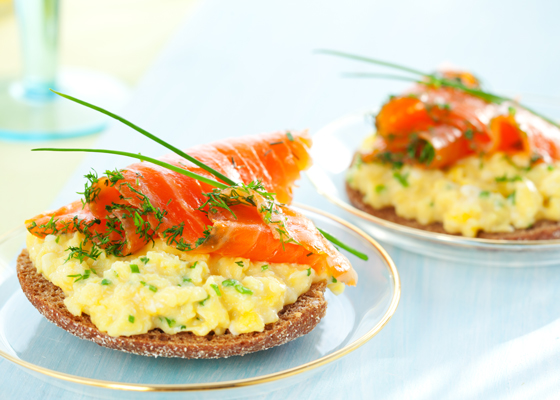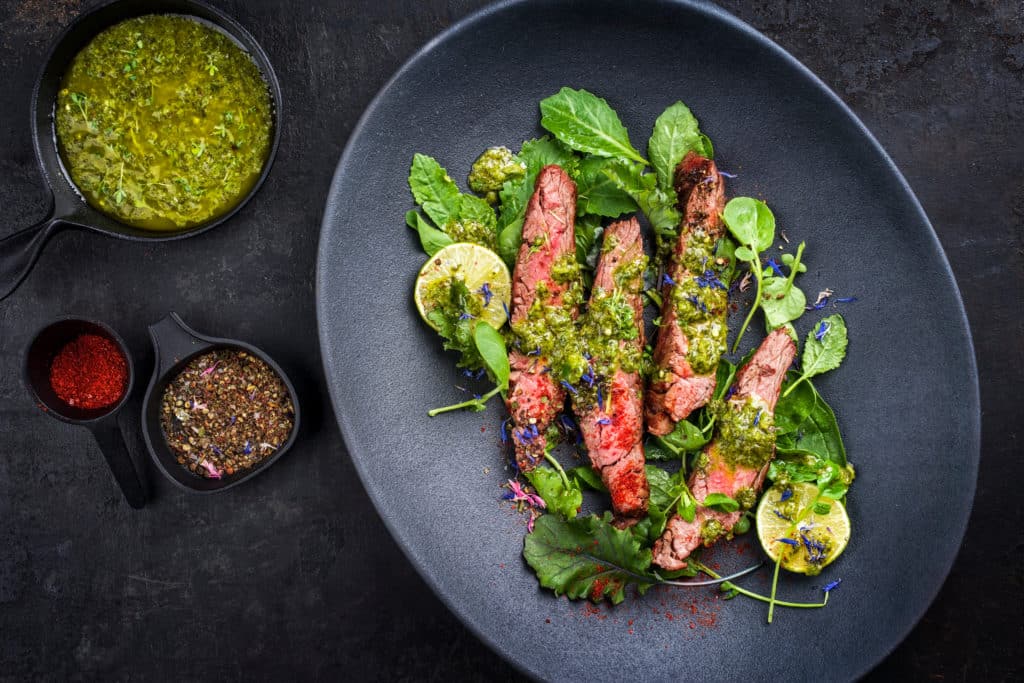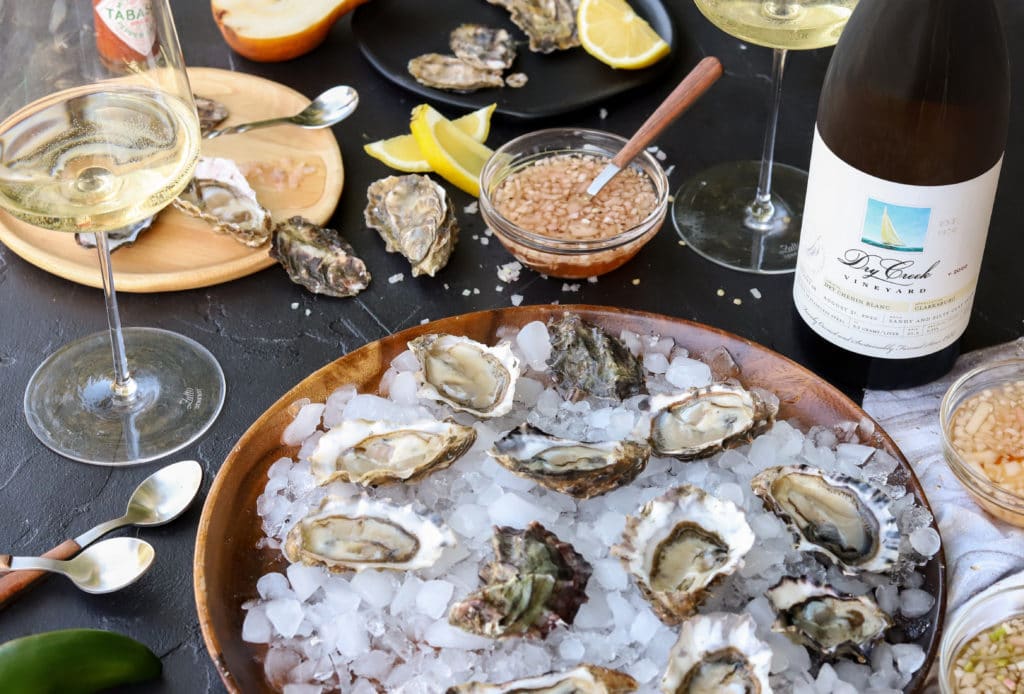
Classic BBQ Braised Ribs with Don’s Sauce
Put a twist on your next holiday ham with this slightly spicy yet savory and sweet glaze, inspired by what Kim and Don love to reach for in their own pantry …

Put a twist on your next holiday ham with this slightly spicy yet savory and sweet glaze, inspired by what Kim and Don love to reach for in their own pantry …

Put a twist on your next holiday ham with this slightly spicy yet savory and sweet glaze, inspired by what Kim and Don love to reach for in their own pantry …

Elevate your scalloped potatoes with a French-inspired Potatoes au Gratin! This simple but striking dish is sure to impress at your next brunch or dinner party …

Enjoy these classic, creamy scrambled eggs with a twist for a refreshing spring brunch! This crowd-pleasing recipe is both quick to prepare and to scale up for larger gatherings …

Chimichurri sauce is a welcome addition to any steak dish, packing bright flavors with a tangy, spicy kick! This gaucho-style steak recipe makes a standout entrée for date night …

This classic beet and goat cheese salad has a nutty twist with its inclusion of pistachios. Enjoy this refreshing dish with a cold glass of Petite Zin Rosé for a vibrant, light meal …

One can never go wrong with steak and red wine! This year-round recipe by our founder David S. Stare uses the flagship varietal of Dry Creek Valley, Zinfandel, in its scrumptious sauce …

This classic chowder recipe straight from the family uses one of our most iconic white wines and is perfect for the fall and winter! Cook up a potful as your seasonal staple, or to share …

Chenin and oysters are a perfect summer pairing, but just because the pairing is traditional doesn’t mean your mignonettes have to be! Elevate your oyster game with a trio of sauces …

This homestyle apple Parmesan pie recipe comes straight from the Stare Wallace family kitchen! Enjoy as a fall and winter treat, or bring to a potluck as a delectable dessert …